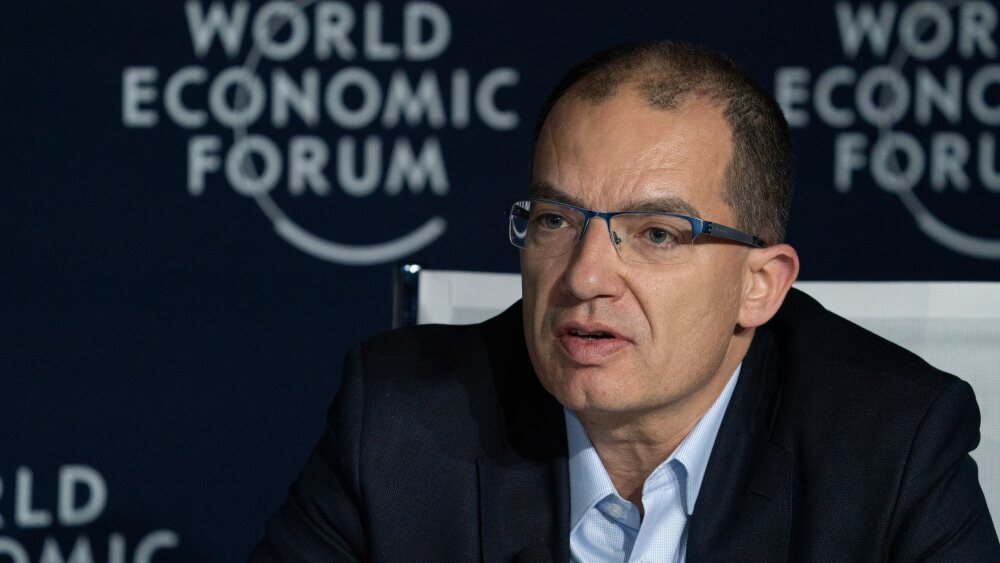For $812 million, Novo Nordisk will enlist Deep Apple to discover and develop a non-incretin therapy for obesity, months after the Danish pharma’s amylin efforts underwhelmed investors.
Novo Nordisk is partnering with San Francisco’s Deep Apple Therapeutics to develop novel non-incretin oral drugs for obesity in a deal worth up to $812 million.
The partners did not provide a detailed breakdown of the financial terms in the Wednesday announcement, only revealing that the Danish drugmaker will pay an upfront fee plus research costs and milestone payments. Deep Apple will also be eligible to receive royalties on sales of any product that arises from the partnership.
In exchange for its investment, Novo will gain access to Deep Apple’s proprietary engine, which the biotech will use to discover and optimize potential drug compounds. Novo, in turn, will have the exclusive global right to take these assets through investigational new drug-enabling studies and into clinical development, as well as manufacture and commercialize them across all indications.
Seeking to stay at the forefront of innovation in the obesity space, Novo’s arrangement with Deep Apple will look for therapeutic targets outside the incretin family of hormones. Current weight-loss therapies—including Novo’s Wegovy and Eli Lilly’s Zepbound—mimic these gut-derived hormones, such as GLP-1 and GIP, in turn regulating blood sugar levels and suppressing appetite by inducing the feeling of fullness.
In recent months, however, drugmakers have been looking for ways to go beyond the incretin paradigm, potentially unlocking more effective and safe weight-loss therapies. Chief of these non-incretin targets is amylin, a pancreatic peptide that, like GLP-1, lowers blood glucose concentrations and slows the emptying of the stomach. Amylin-based weight-loss therapies could improve the quality of weight reduction, with less loss of lean mass by focusing on lowering fat.
Novo is chasing after amylin with CagriSema, a combo therapy that brings together its GLP-1 receptor agonist semaglitude—the active ingredient of Wegovy—with the long-acting amylin analog cagrilintide. But things haven’t been going smoothly, with Phase III data released in December 2024 that left investors disappointed. Results from the REDEFINE 1 trial demonstrated a 22.7% reduction in body weight at 68 weeks, below Novo’s own bar of 25% weight-loss.
Though the miss was modest, the effect on Novo’s shares was not: The readout triggered a massive selloff that wiped some $72 billion from the drugmaker’s market cap.
Regaining Footing With a Differentiated Engine
Wednesday’s Deep Apple partnership could be part of Novo’s attempt to steady its footing in the non-incretin race. In an email to BioSpace, Deep Apple CEO Spiros Liras said that the partners will go after a “novel” target that, “unlike most other obesity targets, is not represented by any program in clinical development.”
Without naming what this target was, Liras added that it “has the potential to impact both weight loss and weigh loss maintenance.”
In developing therapies for this target, the partners will leverage Deep Apple’s proprietary drug discovery platform, which uses cryoEM, a method that involves imaging frozen biomolecules to better visualize the target, Liras told BioSpace. This approach will let Novo and Deep Apple find novel pockets on the target molecule, which they can then use to screen for potential therapeutic molecules.
“A key differentiator here is that we rely exclusively on virtual screening for hit identification,” Liras continued, noting that the biotech also applies machine learning models to better assess each potential candidate and determine which have high chances of clinical success. The process takes about three to four months.
“Deep Apple’s work to date has yielded unique structural insights which provide opportunities to explore multiple pharmacological functions of the target,” Liras said, adding that the collaboration could also eventually cover adjacent indications. “Cardiovascular and metabolic disease is the scope of the collaboration—that includes obesity but is not limited to obesity.”






